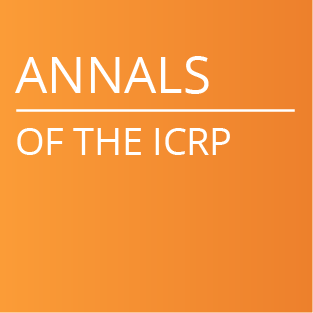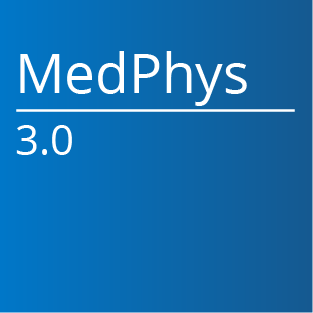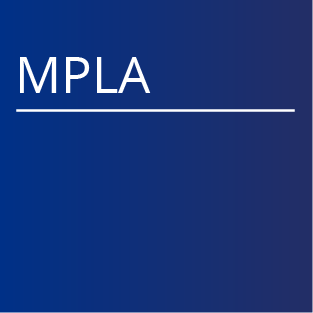|
PREAMBLE
As medical physicists, our primary objective is to use our training, experience, skills and talents
for the benefit of humanity. To this end, we recognize our professional relationships with and
obligations to other members of society:
(1) Patient
The health, welfare and life of many patients directly depend upon the skill and dedication with which
medical physicists carry out their work. Thus the needs and welfare of the patient are primary in everything we do
(2) Employer or Client
Medical physicists have the obligation to act as faithful agents for their
employers or clients and to devote their skills and talents to further the legitimate aims of their
employers. In turn, they have the right to expect true professional consideration from their
employers or clients.
(3) Fellow Medical Physicists
Medical Physicists should contribute to the advancement of their profession and should avoid all
practices which detract from the stature of Medical Physics.
To accomplish these objectives, the following Guidelines are offered for practicing medical
physicists.
- Medical physicists should strive continually to improve their knowledge and skills. In order
to improve the medical care of patients, they have the obligation to share their experience and
knowledge with their colleagues. They must realize their own personal limitations and seek
consultation where appropriate.
- Patient privacy must be respected and confidentiality of patient information must be
maintained.
- Medical Physicists are obliged to uphold the honor and dignity of their profession by
exhibiting sound moral character and the highest competence in their work. A medical
physicist should not render his/her signature in a false or misleading way. Unethical conduct
of fellow members should be reported to the AAPM Ethics Committee.
- Medical Physicists must be honest and forthright at all times in their dealings with employers,
clients, and patients. Remuneration expected should be consistent with the service rendered.
Accepting gifts and favors from parties with whom one is dealing professionally, as well as
demanding excessive remuneration for professional services, is regarded as unethical and is
beneath the dignity of the profession.
- The primary basis of competition with other medical physicists for employment should be
knowledge, training, skill and quality of service rendered. To solicit employment in an
undignified manner or to compete primarily on the basis of fee, for reduced quality of service,
is not worthy of the profession.
- It is considered good practice and a matter of professional courtesy during preliminary
employment investigation, to determine whether or not there is a fellow medical physicist
whose position and job security might be affected by such employment. When considering
employment which could supplant or change the status of the incumbent, the matter should
be discussed with this person.
- When retained for professional review of the work of another medical physicist, the physicist
should be informed of the review commitment in all situations where the review might
compromise the relationship of the physicist with his employer or client.
- Guidelines for Reviewing the Work of Another Medical Physicist: See PP-5
- Ethical Guidelines on Vacating a Position: See PP-4
- Statement on Qualification and Guidelines for the Medical Physicist Expert Witness: See PP-3
Ethics Committee Problem Resolution Procedure
- Person with ethics concern submits a written statement of the concern to the chairman of
the Ethics Committee. The chairman will review the statement for relevance to AAPM
Ethics Code. If chairman feels there is an ethics issue, he will contact accused and request
their response to the accusation and proceed with step 4.
- If chairman finds no ethics problem, he will notify the complainant and the accused of
that finding.
- If the complainant is not satisfied with the chairman's finding then he can request in
writing that the chairman proceed with step 4.
- Chairman will:
- convene a panel of 3 members of the committee to review the statement and
supporting documentation.
- panel will make a recommendation to the full ethics committee for a vote on whether
an ethics violation has or has not occurred.
- if a violation has occurred then the committee may recommend
- revocation of membership
- some lesser censure
- if vote is that no ethics code violation has occurred then the chairman will notify the
complainant and any other directly involved individuals of that finding.
|



















